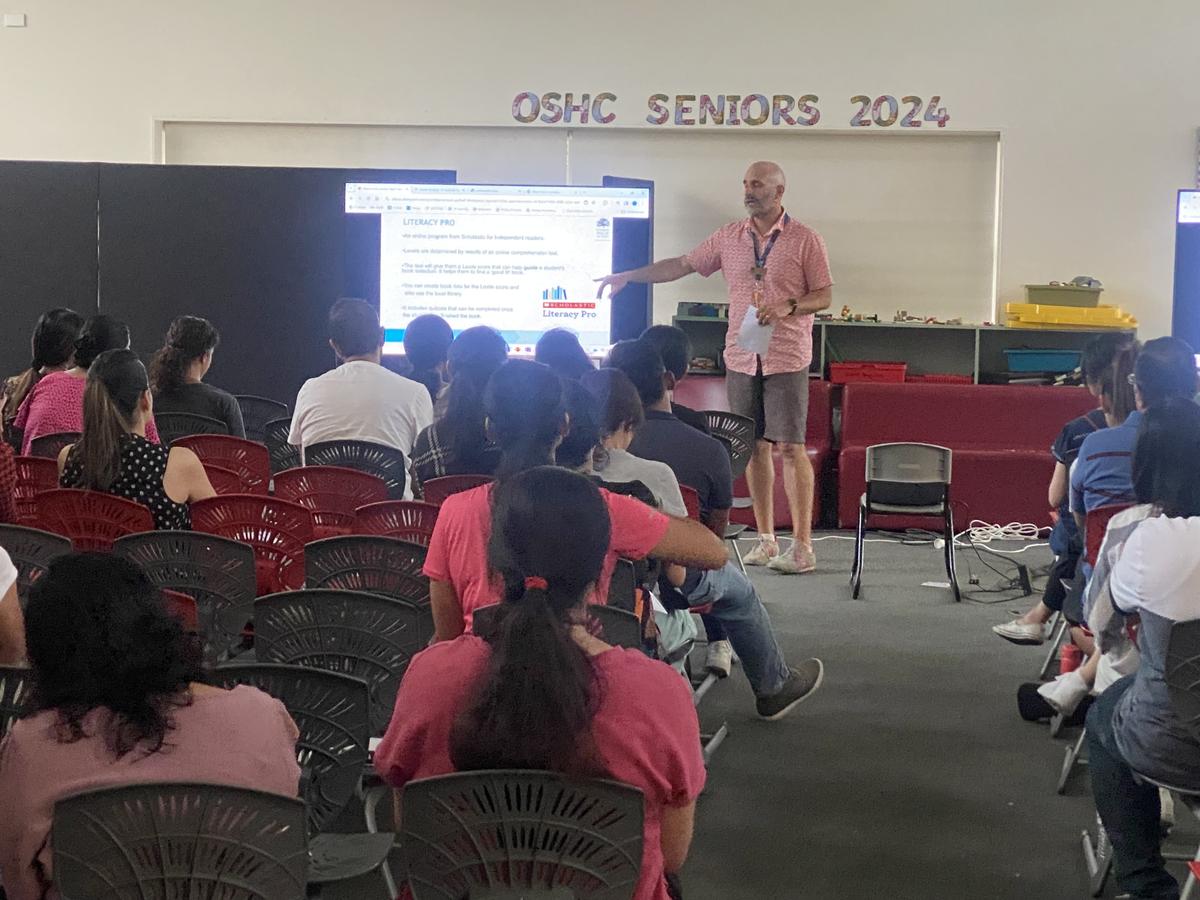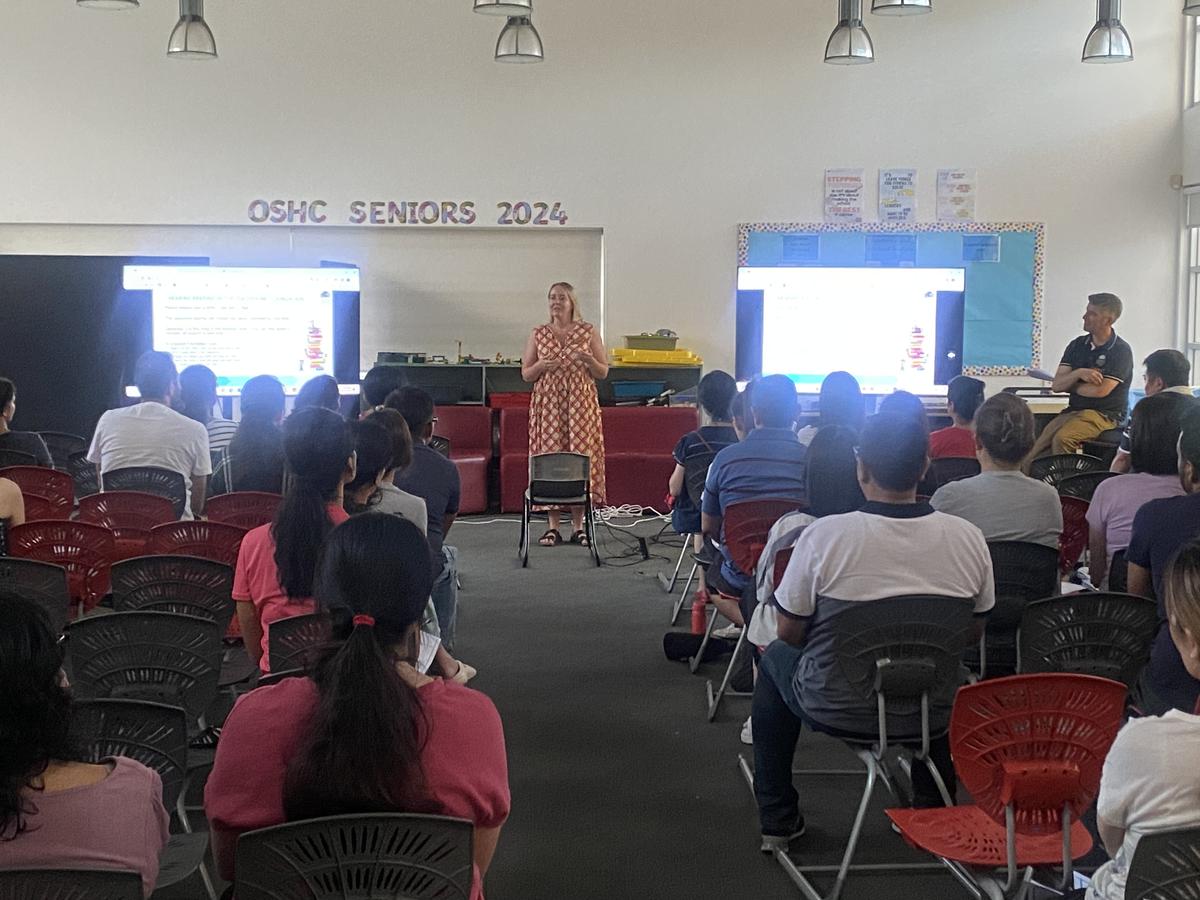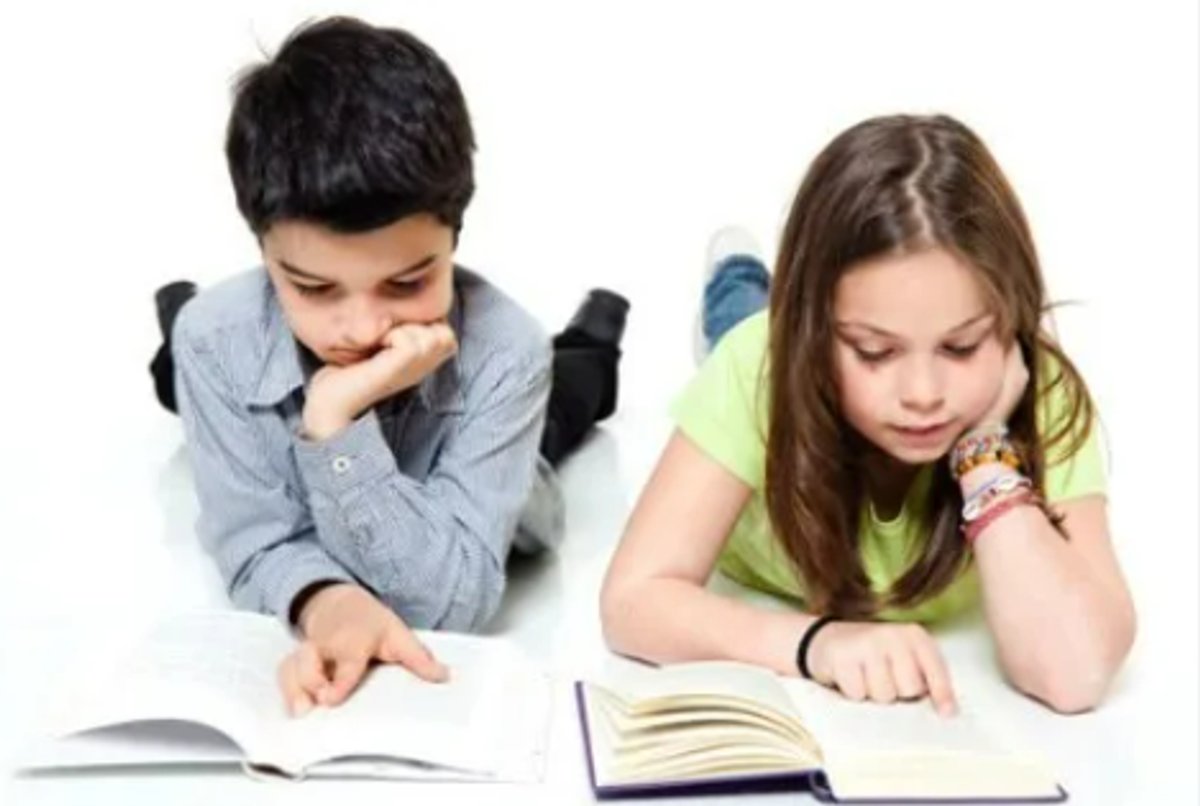Literacy

Parents and Literacy Nights
Over the past fortnight, we held our annual Parents and Literacy Nights on reading and writing. It was great to see so many parents there! Both nights were highly engaging and included lots of interesting information that was presented by the teachers. There was plenty of audience participation and we clearly have some very good parent spellers in our school. The topics covered over the two nights included:
- The science behind how children learn to read
- The 6 Building Blocks schools use to teach reading
- How we teach reading and writing at Vermont Primary School and Kindergarten
- Tips for how to support your children in the classroom and at home
- What you can do if you are reading with students in the classroom
- The Development of children’s writing
- Writing formation
A big thank you to Bec Mealings, Fiona Van Zuylen, Di Fuller, Jacci Strachan, Ryan Condron, George Samothrakitis, Paul Souter, Kath Yates and Chantelle Quinn who all presented on the night.
PEAL Night
Coming up on Tuesday, 5th March, is our annual PEAL (Parents of students with English as an Additional Language) Night. It is always a highly informative and engaging night and one that parents always benefit from.
Areas that will be covered include:
- What you can do to help your children develop their understanding of English,
- The importance of communication with the school i.e. whole school newsletter, emails, school office, meetings with teachers etc.,
- Opportunities to get involved in school life, e.g. Community Network,
- Opportunities for questions to clarify events, terminology or programs at VPS.
This is open to all our families and will be held in the Vermont Primary School Learning Centre on Tuesday the 5th of March 2024 from 6:30pm until 8:00pm.
To gauge numbers, please fill in the digital form below.
If you have any queries, please contact Dianna Fuller, John Hoskin or Jacci Strachan at Vermont Primary School.
dianna.fuller@education.vic.gov.au
john.hoskin@education.vic.gov.au
jacqueline.strachan@education.vic.gov.au
We look forward to seeing you there!
Help! My kid won't read chapter books. What do I do?
This is a common thought for parents and one that is tackled in an interesting article in the Conversation. The following excerpts are taken and reworded from the article.
Chapter books are an important step in learning to read. They introduce increasingly complex storylines, themes, characters and settings.
They expand children’s vocabulary (which is essential for developing reading comprehension).
Importantly, when texts have no pictures, children must rely on decoding (recognising sound-letter relationships) to make sense of the words.
This helps with developing reading fluency (reading accurately with expression at a pace that allows for comprehension), and developing reading stamina (maintaining comprehension over longer passages of text).
But the transition to chapter books can be daunting for children. It’s a big leap from picture books, where so much meaning is carried in the illustrations, to books where readers rely solely on the print to make sense of the text.
Your child may not be ready to read entire chapter books independently. They may still not have developed what researchers call “automaticity” in their decoding skills (reading words without having to sound them out).
Automaticity frees up mental space for paying attention to meaning. In other words, if you have to stop and sound words out all the time, it’s hard to follow the plot and can take the fun out of reading.
Here are some ways you can help your child develop the skills they need to read and enjoy chapter books.
- Choose books that support the transition. There are picture books for older children and don't be afraid of graphic novels.
- Share the reading, make it fun and keep the conversation going. Share the reading; you read a page or a paragraph, and they read a page or a paragraph, or even just a sentence or two.
- Respect their interests and keep it positive. Let your child explore the books they’re interested in. Remember, reading for pleasure is associated with overall reading attainment and writing ability.
- Check your own anxiety levels and accept it takes time. Accept that learning to read is a marathon, not a sprint. It’s big work for a young person.
If you found this interesting and want to read the full article, the link is below...
https://theconversation.com/help-my-kid-wont-read-chapter-books-what-do-i-do-195092
Fortnightly Segments
Comprehension Question
A common question during Parent Teacher Interviews, is ‘How can I help improve my child’s comprehension?’ Each fortnight we will include a couple of simple questions that you could ask your child that may help improve their comprehension or open up a conversation about the book they are reading.
This fortnight’s questions are:
Describe the theme or themes of your story (example: survival, friendship, fear).
What is the climax (turning point or the high point of interest) of the story?
What is the resolution of your story? How is the problem solved?
Writing Challenge
If your child enjoys their writing and is keen to write for enjoyment at home, below is a prompt that you could ask your child to write about.
Your pet is in charge of you for a day. What will they make you do?



